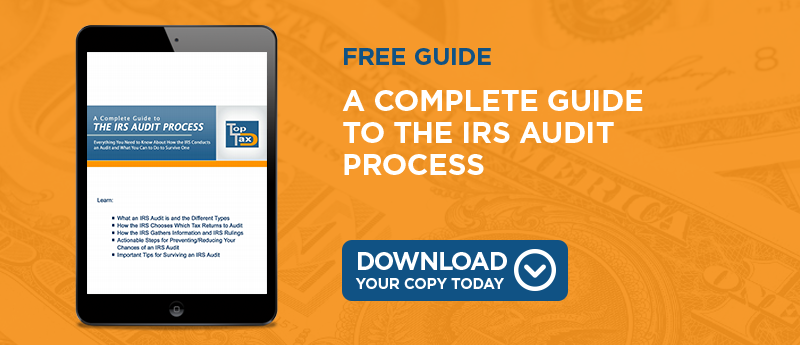
Most American taxpayers qualify for tax deductions and credits on their income tax returns. However, many of the most common tax deductions tend to disproportionately favor the wealthiest individuals. One of the main reasons for this is that deductions are only valid up to the income tax bracket that applies to the taxpayer. Since the wealthy tend to fall into a higher tax bracket, they often qualify to deduct a higher percentage of their income than those who earn lower income amounts. Here are a few IRS tax deductions that benefit the rich more than the middle class.
Mortgage Interest Deduction
The Mortgage Interest Deduction is often described as an incentive to encourage taxpayers to buy homes of their own. Since this deduction allows homeowners to deduct their mortgage interest, they may be able to use it to reduce their taxable income. However, the average deduction for those in the middle class hovers around $500, while the average deduction for those earning more than $250,000 is five times as much. As a result, many taxpayers do not benefit enough from the deduction to consider purchasing their own homes instead of renting.
Reduced Capital Gains Tax Rates
The reduced tax rate on capital gains is one of the most glaring examples of an IRS provision that benefits the wealthy. Under this provision, taxpayers who are receiving passive investment income qualify for a 15 percent tax rate on these earnings - nearly 20 percent lower than the standard tax rate. Since many rich taxpayers receive the bulk of their annual income from capital gains, these individuals often end up paying a lower effective tax rate than those who earn far less.
Retirement Benefit Tax Shelters
The IRS offers a tax benefit to all taxpayers who contribute to retirement plans such as 401(k) plans or pensions. When taxpayers transfer part of their earnings to these funds, they are eligible to defer the income taxes on these wages until they receive the distribution during retirement. By then, their effective tax rate will likely be lower, giving them substantial tax savings on this income. Naturally, the amount of the tax break increases with the amount of the retirement contributions. This means that those who are wealthy, who also typically are able to save more of their money every year, will benefit far more from this provision than those who earn less income.
While tax deductions are offered to everyone, there's no doubt that IRS tax deductions benefit the rich more than the middle class. However, when those who earn less educate themselves about these tax provisions, they'll be able to use more of them to their advantage at tax time.




